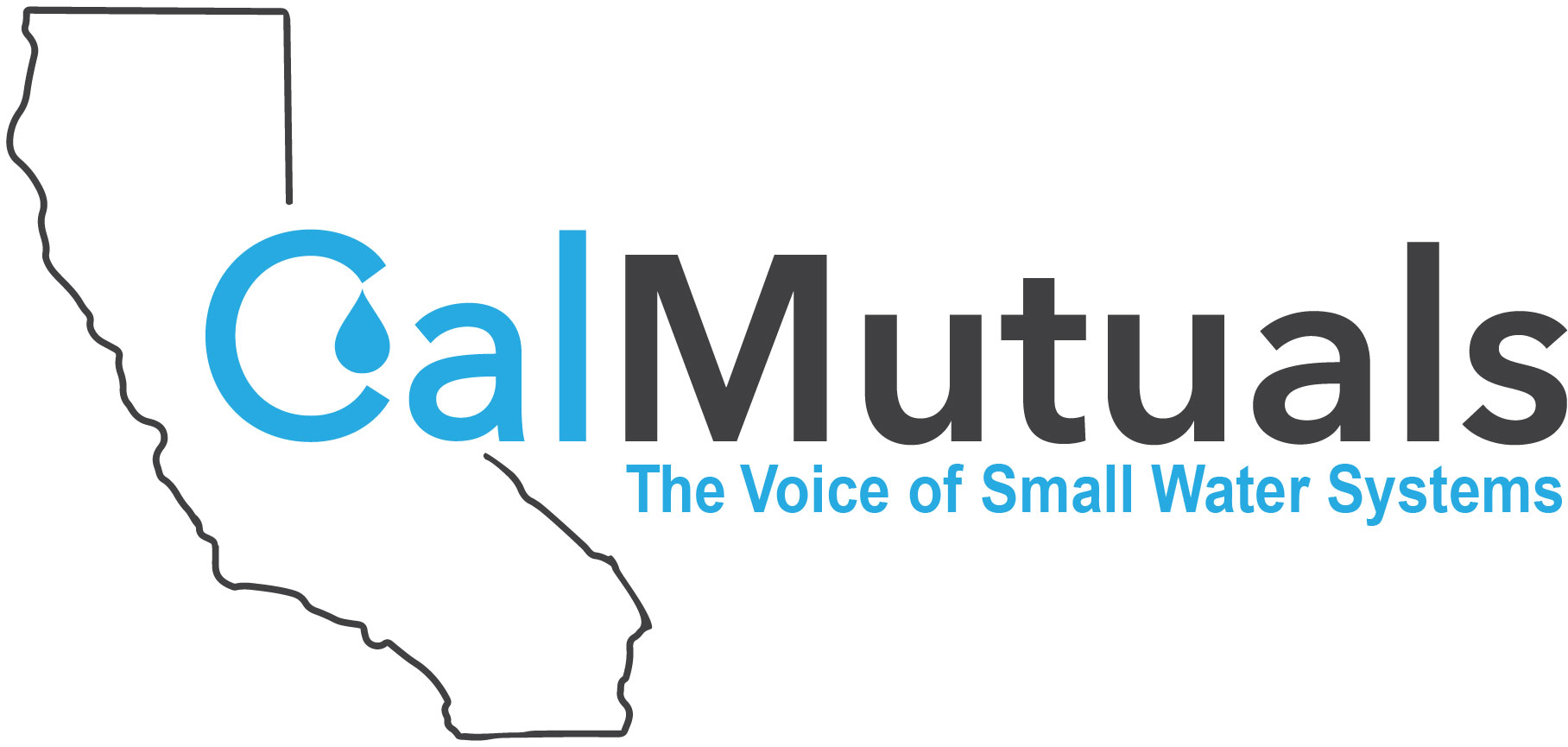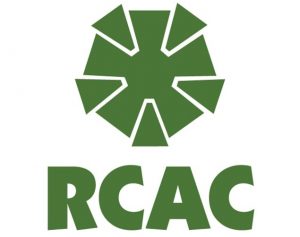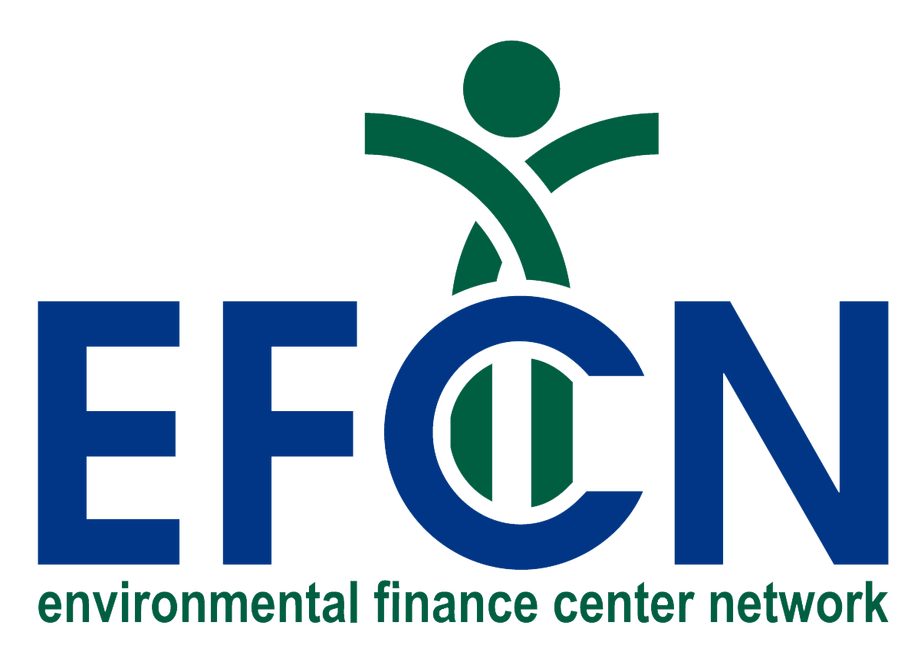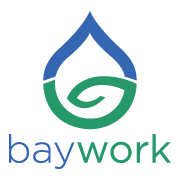RCAC: Groundwater Well Operation & Maintenance
Webinar OnlyDescription: Well equipment must be maintained to ensure long life and quality water within the system. Wells need to be monitored regularly to compile vital information on the health of the source. How is your well performing? What goes into the process of choosing a well site? Have you been monitoring your water levels in the aquifer? This workshop will address these topics and more. Participants will learn: Well site selection process Well inspection Well maintenance Groundwater qualities Measuring drawdown Well sounders: Which one is right for me? Accreditation: 2 California Drinking Water Contact Hours awarded Recommended audience: operators, management, water system personnel or anyone with an interest in better understanding the value of operating a safe drinking water system.




